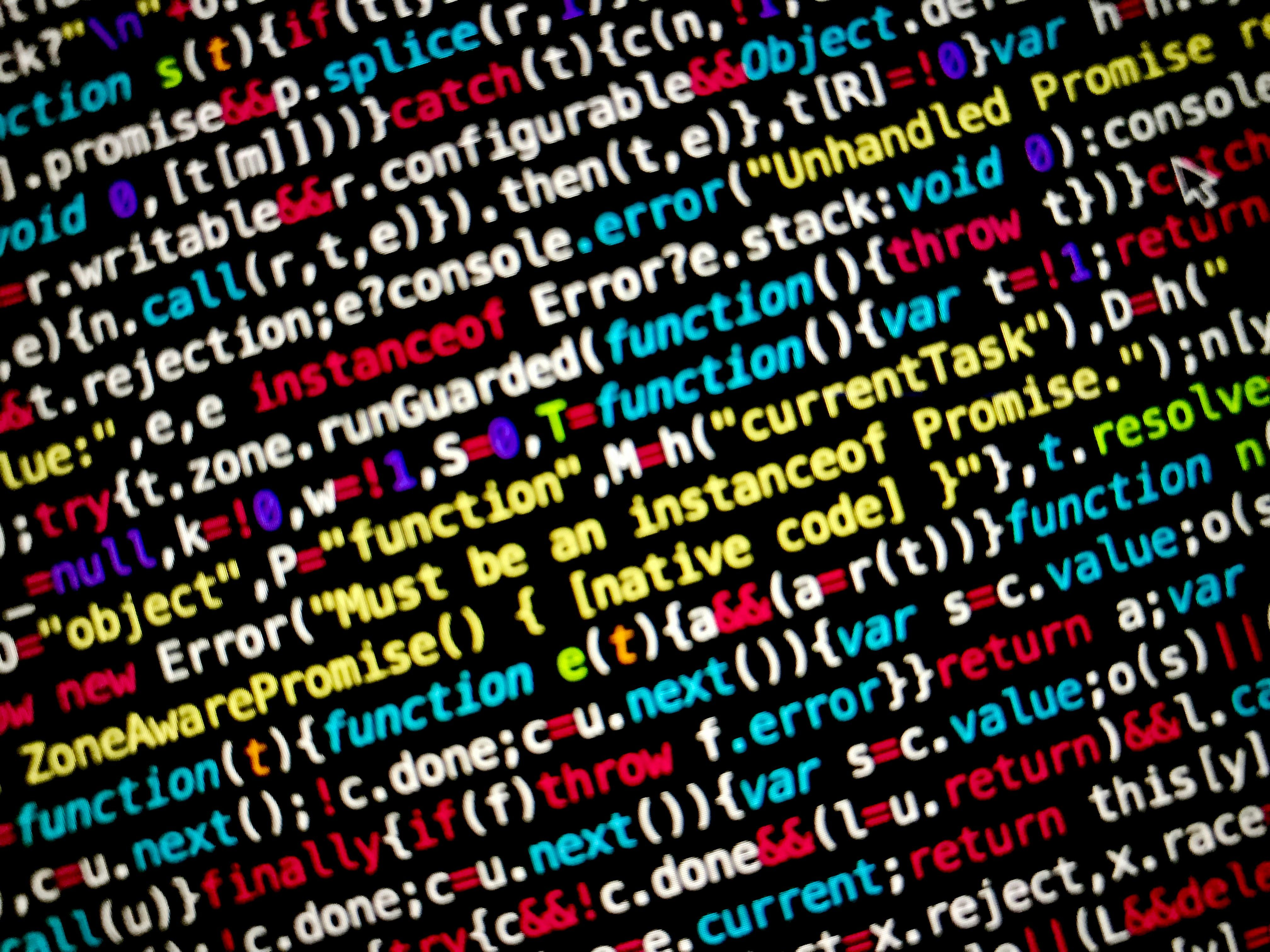Trump disregards worries about costs and financial instability as he vigorously defends his policy approach
In a relaxed chat with NBC News' Kristen Welker at his Mar-a-Lago mansion, President Donald Trump wasn't too worried about naysayers - whether they fretted over a recession, increased prices from his tariffs, or the idea of a third term. This extensive interview covered a host of hot topics, including the economy, foreign policy, immigration, social policy, and even the future of his Make America Great Again (MAGA) movement.
The conversation, which aired on Sunday, provided insights into Trump's perspective on the first 100 days of his second term and his aspirations for the coming years. He discussed everything from small businesses grappling with tariffs on Chinese goods to the prolonged impact of his initial tariff program.
Small businesses may be hesitant due to rising prices post-tariffs, but Trump waved away their concerns, stating many businesses are actually thriving and won't require aid. As for items such as tires or strollers commanding higher prices, Trump focused on gasoline, asserting it's "thousands of times more important." Overall, he attributed economic uncertainties to his predecessor and laid out hope for a robust economy after some transitional hurdles.
When tackled on the possibility of a third term despite the 22nd Amendment, Trump revealed that while many supporters encourage him, he doubts the legality and didn't exhibit a strong inclination to pursue it. Instead, he hinted at MAGA continuing post-his term, with potential successors like vice president JD Vance and secretary of state Marco Rubio.
Trump has been exercising his power to target universities, law firms, and other institutions critical of him or Opposing his policies. When asked if dissent is an essential aspect of democracy, Trump replied it is "a part of democracy," albeit without full conviction. He acknowledged that executive orders have directed his Justice Department to examine adversaries but maintained that he doesn't apply pressure to his appointees to do so.
With his approval ratings taking a slight dip due to a flurry of executive actions testing the constitutional limits of presidential power, Trump dismissed concerns about rising prices on specific goods in the wake of tariffs. On the economy, Trump made considerable progress on handling illegal immigration, but his pledge to end inflation and boost the economy has been more elusive. Inflation has subsided, but not to the extent claimed by Trump, who continues to exaggerate gas price reductions. The U.S. economy shrank in the initial months of 2025, reflecting a negative growth since early 2022. Trump attributes these temporary challenges to his tariffs, arguing they will eventually lower the trade deficit and bolster the economy.
Foreign policy remains a priority for Trump, who aims to employ his "America First" principles to manage global tensions. He's yet to achieve a peace deal between Russia and Ukraine, but he has signed a minerals pact with Ukraine, investing the U.S. in the nation's future. In his discussions with Iran, Trump desires "total dismantlement" of its nuclear program, but some flexibility may be granted for civilian nuclear energy if it does not lead to military conflict. On the issue of Greenland and Canada, Trump suggested the possibility of annexation before dismissing the idea regarding Canada.
Amidst his foreign policy endeavors, Trump's broader economic agenda requires a budget reconciliation bill that extends his 2017 tax cuts and cuts certain domestic spending while increasing deficits and adding trillions to the national debt. Congress must collaborate with Trump to create a bill that can win GOP support. Trump also addressed the future of TikTok, which faces a deadline for its Chinese owner to sell the app to a U.S. company. Despite a looming law forcing its shutdown in the U.S., Trump has issued orders delaying the ban.
Trump believes his policies will prove popular enough to buck the trend of the president's party losing at least one chamber of Congress in the first midterm election of their tenure. However, historical precedent suggests the opposite. Trump is actively raising funds for congressional Republican campaigns, hoping to flip the trend.
- President Trump, in his interview with NBC News' Kristen Welker, exhibited optimism for the economy despite increasing prices from his tariffs and naysayers' concerns about a recession.
- Trump attributed economic uncertainties to his predecessor and expressed hope for a robust economy after some transitional hurdles, while acknowledging that inflation has subsided but not to the extent he claimed.
- In a discussion about budget reconciliation, Trump announced his plans to extend his 2017 tax cuts and increase deficits, adding trillions to the national debt.
- During the interview, Trump mentioned the possibility of a new system for TikTok, and he issued orders delaying its potential shutdown in the U.S.
- Trump is actively fundraising for congressional Republican campaigns, aiming to buck the trend of the president's party losing at least one chamber of Congress in the first midterm election of their tenure, which historically suggests the opposite.








